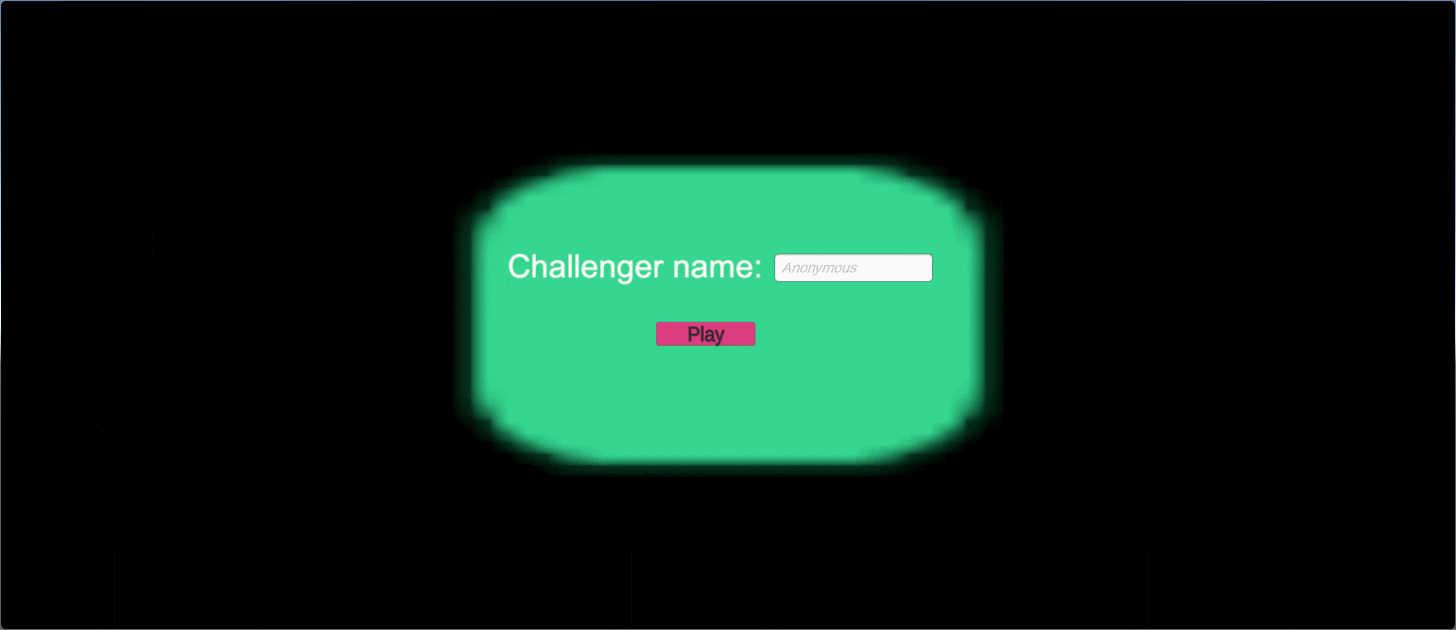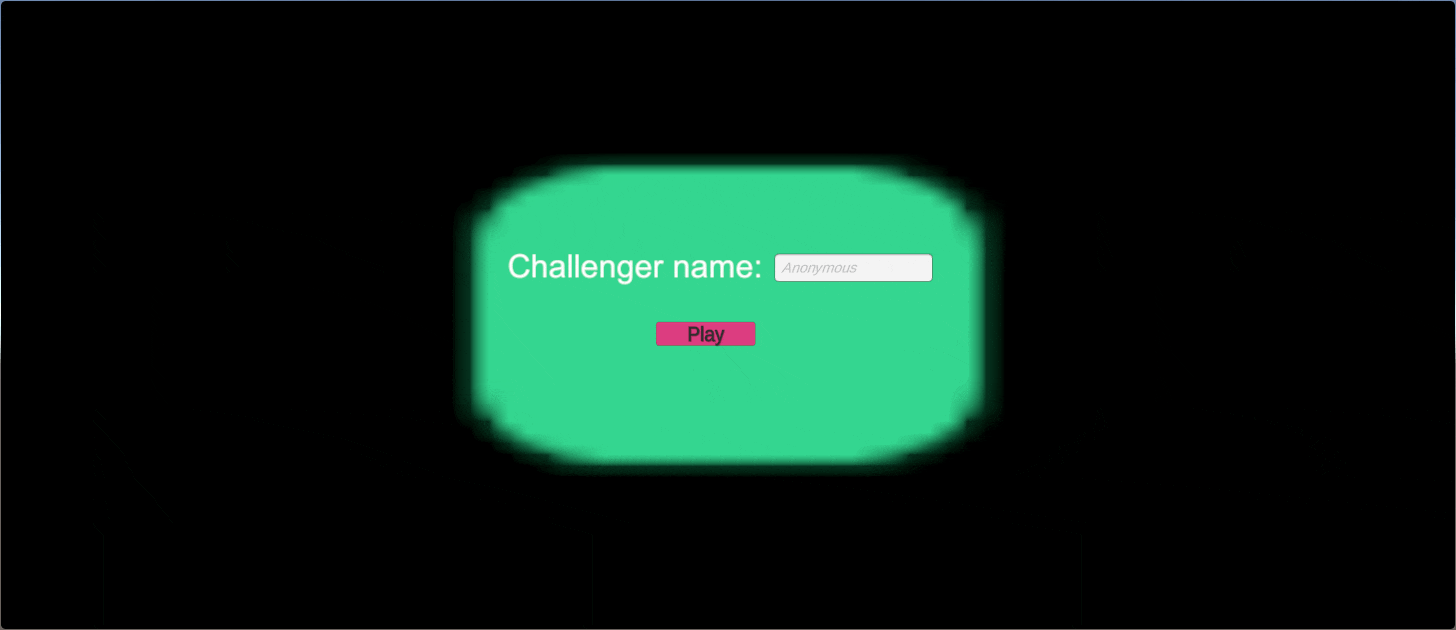2023-09-03: Persistent Data
Persistent Data
The mission today was to learn about persistent data between Scene and Session. The 2 simple scenes used to experiment were:
- Menu UI - To enter username
- Game UI - Displays username next to the score as well as all time high score.
Scene Data Persistence
Example: Username (mambo) entered in the UI scene is passed on to the game scene.

- Use singleton on Game Manager or any static class to store variable.
- The singleton GameObject should be loaded in the initial scene (Scene index 0) for most scenarios.
- Flag parent GameObject as “do not destroy on load” to persist cross different scenes.
private void Awake()
{
Instance = this;
DontDestroyOnLoad(gameObject);
}
Session Data Persistence
Example: Previous high score from “mambo” is now displayed when E.T. starts a new game.

- E.T anatomy does not allow him(?) to play on human keyboard.
-
Since the data is small, I opted for file based (JSON) saving mechanism.
- Create serializable inner class to hold information if using JSON format.
[Serializable] private class SaveData { public string playerName; public int score; } - Unity recommends storing these data to persistentDataPath. This file persists between game play.
public void SaveHighScore(string highScorePlayer, int newHighScore) { SaveData data = new SaveData(); data.playerName = highScorePlayer; data.score = newHighScore; string path = Application.persistentDataPath + "/saveData.json"; string json = JsonUtility.ToJson(data); File.WriteAllText(path, json); } - Similarly, do the reverse for loading.
public void LoadSaveData() { string path = Application.persistentDataPath + "/saveData.json"; if (File.Exists(path)) { string json = File.ReadAllText(path); SaveData data = JsonUtility.FromJson<SaveData>(json); Instance.HighScore = data.score; Instance.HighScorePlayer = data.playerName; } }
- Create serializable inner class to hold information if using JSON format.
Tip: Use null check on any class using the Instance so you can individually run the scene
//Inside UI script in the second scene
void Start()
{
//For dev mode: in case we want to skip main menu
if (MainManager.Instance != null)
{
HighScoreText.text = $"Best score: {MainManager.Instance.HighScore}";
}
}
Misc: Dev Mode (Conditional Compilation)
- The following snippet uses conditional compilation to do perform different operation based on where the application is running.
#if UNITY_EDITOR
using UnityEditor;
#endif
public void Exit()
{
MainManager.Instance.SaveColor();
#if UNITY_EDITOR
EditorApplication.ExitPlaymode();
#else
Application.Quit();
#endif
}